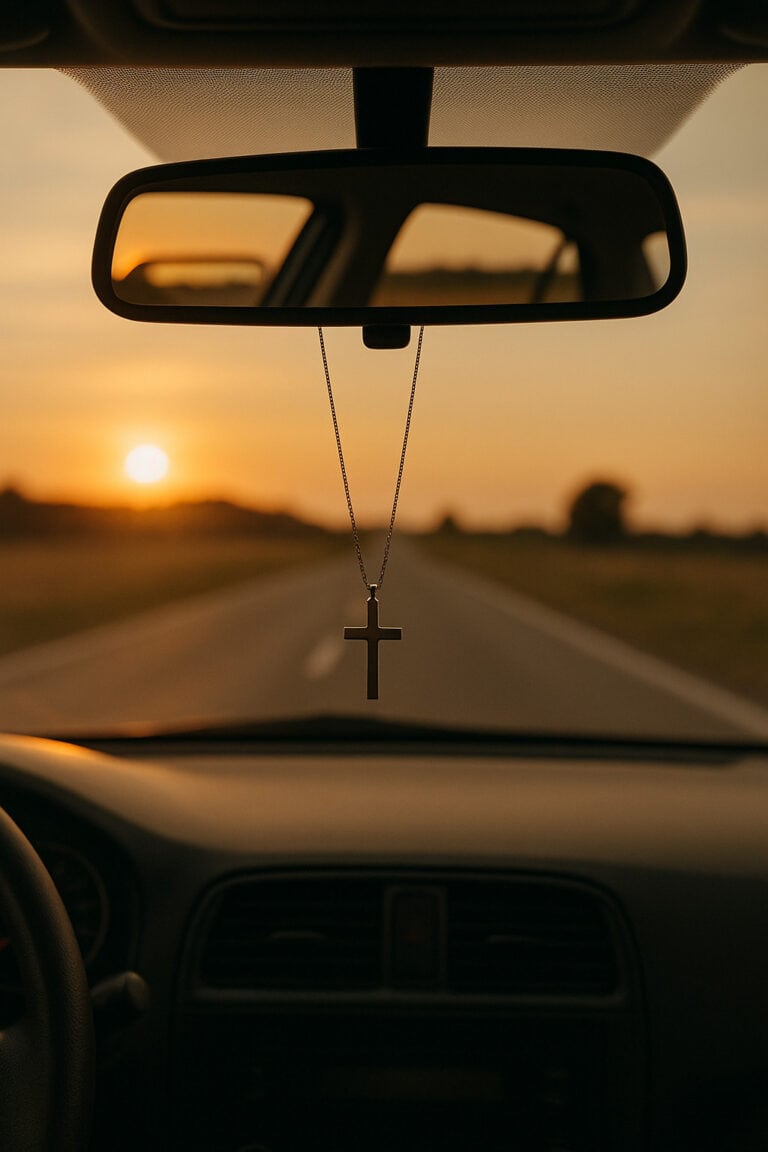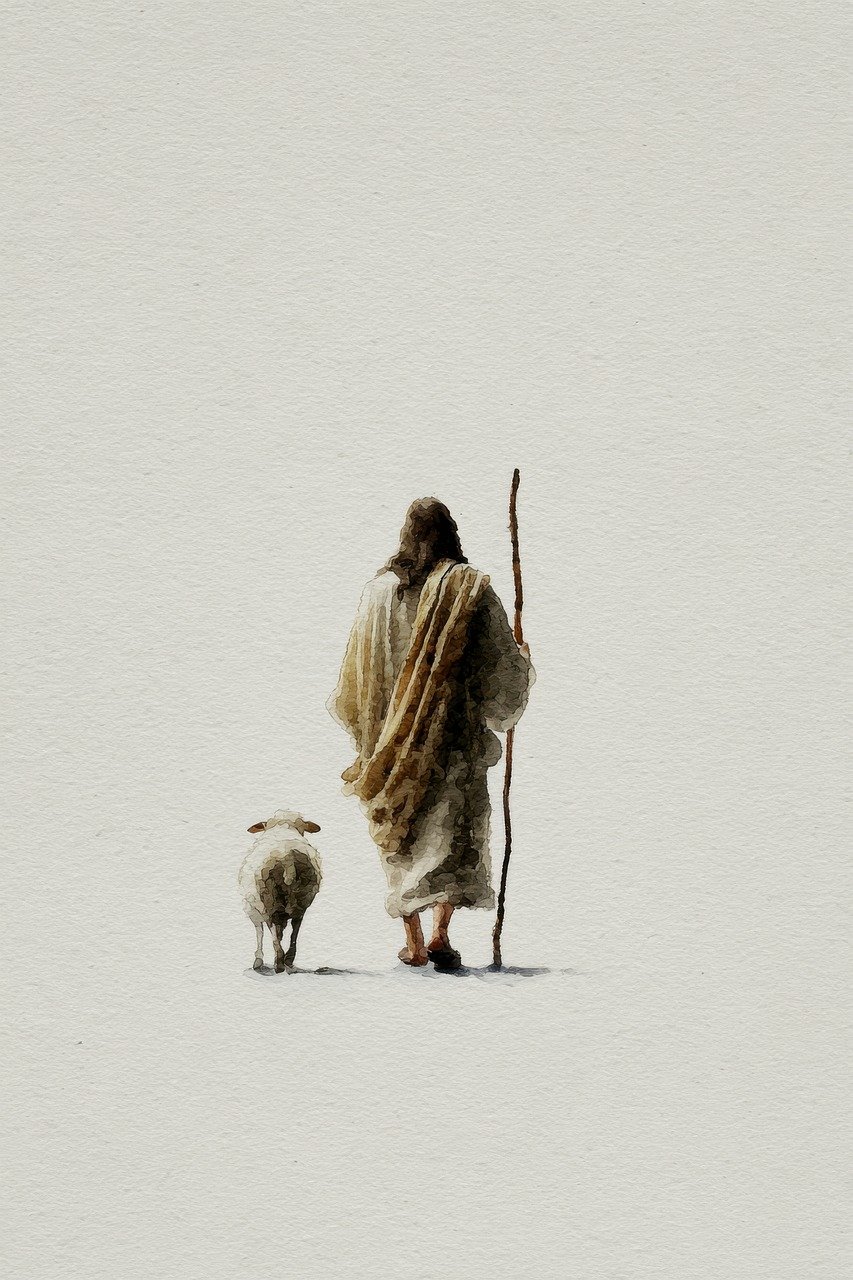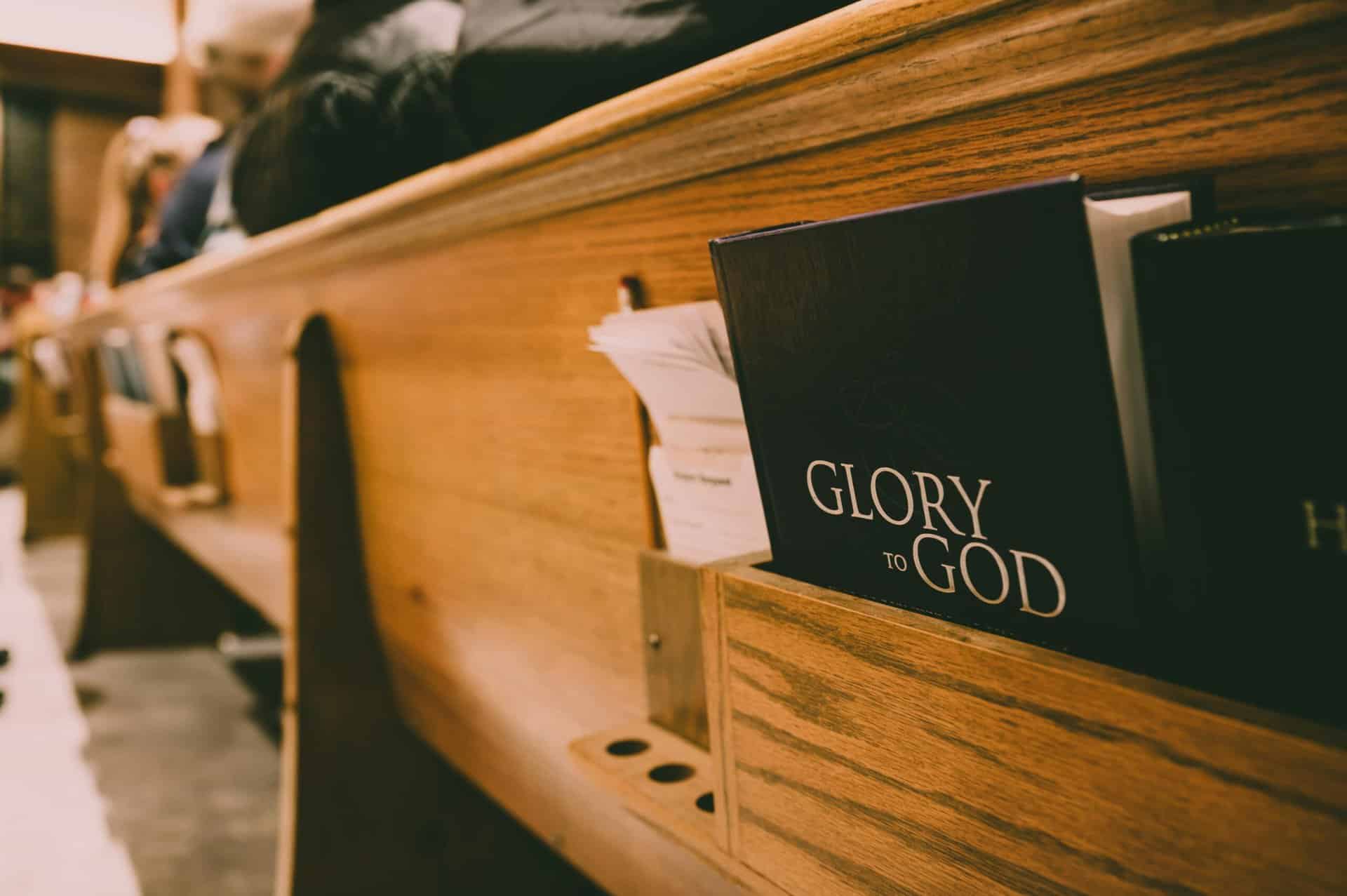I’m not sure where it all started, but I think it might have been heavily influenced by my growing up on a cotton farm in West Texas. A frequent fun event was having a wiener roast in the field wherever my dad might have been plowing, but especially when he was irrigating – and especially when it was done via open ditches.
My siblings and I would scurry around finding firewood in the barnyard and pile it up while my mother would go to the grocery for hot dogs, fixings, and of course, makings for S’Mores. We untwisted wire coat hangers to make the holders for the hot dogs (and later marshmallows).
If it had been really hot, we kids put on bathing suits. Then we all trundled down to whatever part of the farm Daddy was working. He would conveniently wait to open the water from the well into the ditch by where our roast would be so we could lay in the ditch and giggle away as the water crept around us eventually fully soaking us – wonderfully cool!
After drying off, eating our fill and carefully roasting the marshmallows, it would be getting really dark – and we’re talking “really black dark” with no street lights, car lights passing or nearby homes with porch lights, etc. We laid on quilts made by my great-grandmother and stared up into the most brilliant star display ever – which you can only see these days in a planetarium or in very remote places.
And my mother would start to spin out the stories. A few about UFO’s that turn out to be military experiments. These were punctuated by occasional shooting stars we would see flash across the sky – which thrilled us.
But she loved the western frontier so she quickly went to stories of the Indian tribes that had populated the area where we lived. And stories of the settlers of the west – the great sandstorms (which we certainly had experienced on the farm) and of the Dust Bowl era which drove women “mad”. And reciting the big ranches that were in the West Texas history tales. I loved those special evenings and they started in me a thirst that fueled a quest to know more of the history of the early west territories and people’s lives.
Did I mention that we went to rodeos every year and all the drive-in movies we got to experience as a family were westerns?! Fuel for the fire in my imagination.
So it is not at all surprising that in my 20’s – pre-children – living in Boulder, I joined the genealogical society with all the octogenarians. I began to learn a bit about researching and got some interesting personal stories from my husband’s grandmother. And then LIFE took over –moving, military, jobs, babies. But even in my 30’s, on a visit to the farm when my grandfather (in his 80’s) was there. I pulled out a cassette tape recorder and started asking him questions. WOW – didn’t know he was born in Indian Territory (later Oklahoma) as the 4th boy in a one-room, half-dugout, half soddy home near the Red River. What a treasure those few stories and details have become since then.
Again, a busy life, divorce, law school, boys growing up, sports, work – who had time to do family history? But the seed was still growing in me – I loved photos, stories, history and kept doing my “side hustle” of scrapbooking.
Jump forward to a time with a bit more space and I actually signed up for genealogy classes and went on trips to Salt Lake City and the Family History Library (now called the FamilySearch Library). Meanwhile, quicker than I believed it could happen – I found that my siblings and I were the last of the living in our generation of our family.
And then I discovered FOREVER and their guaranteed storage of those photos, documents and stories in a digital format for my lifetime plus 100 years. The flame now grew so bright in me that I not only had to preserve my and my family’s life stories, but I needed to share the “how to” with others.
And just to make it clear, the Lord pointed me to Deuteronomy 6 – the whole chapter makes the point. But essentially Moses is sharing the Lord’s commands, decrees and laws which were to impact “you, your children and their children after them” so that it may go well with them. The commandments were to be “upon their hearts” and they were to “impress them on your children”, talk about them, display them on the doorframes of their houses and gates – essentially keeping the focus on them everywhere and at all times.
Even more pointed is verse 20 which says “In the future, when your son asks you, ‘What is the meaning of the…laws…tell him….’” And he goes on to recite their history of being rescued by the Lord from their slavery in Egypt, with signs and wonders, and taken to a promised land.
These passages have been my directional calling as I help teach and guide people to preserve their own life stories as well as those of their parents, grandparents and ancestors.
And so very often I hear these objections – why should I do this because my life is not interesting or anything unique. So I ask, “would you like to know about the daily life of your great-great grandmother?” “Of course,” they say as the point starts to sink in. But the objection that is a little more delicate to explain is when someone says “but what if my family story is really hard, not pretty?”
I lean on Henry Blackaby’s Experiencing God Day by Day devotional for the best expression of this:
The world will tell you that the dominating influence in your life is your past. If you came from a difficult home, that will determine the direction of your life. If your culture was treated unfairly, that will dictate the condition of your life today. If you were hurt or abused or if your youth was spent in rebellion, the remainder of your life will be spent struggling with your past.
What is so important is what he next shares – that Christians, on the other hand, live in freedom because Christ has overcome our past. We know a scripture that supports his point – the “old things” have been done away with and “new things” have come – 2 Corinthians 5:17. God has so totally forgiven the Christian’s sin that He chooses not to remember it (see Isaiah 43:25 where Isaiah recites the Lord as saying “I, even I, am he who blots out your transgressions, for my own sake, and remembers your sins no more.”)
And here is his oh-so-valuable point: Christians do not forget the past, but we are not controlled or motivated by it. The Christian looks to the future with hope.
This is what we must remember as Christians – the world will focus on what they are overcoming, but Christians focus on what they are becoming. We know that the Holy Spirit is conforming us into the image of Christ – we are His image-bearers! That is the hope you need to pass along in your family history preservation of hard times.
As Christians, we know that eventually every injustice, as Blackaby points out, will be addressed and every hurt comforted. Satan, and death itself, will finally be brought to an end. And here is what we can pass along as we preserve the “hard times” stories – the Christian’s future is so full and rich and exciting that it supersedes whatever happened in the past.
I so appreciated a woman who followed my guide and did a beautiful photobook of her life telling the stories, hard times and all, but what she said as she finished is priceless. She shared that as she made the book, and looked back, she realized that God had been with her every step of the way even when she was not aware of it.
That is the hope you, or anyone with “hard times” stories, can pass along to inspire and encourage future generations who may face some very hard times themselves. Let’s get to saving those family legacies and histories!! Bring hope to your family’s future.



